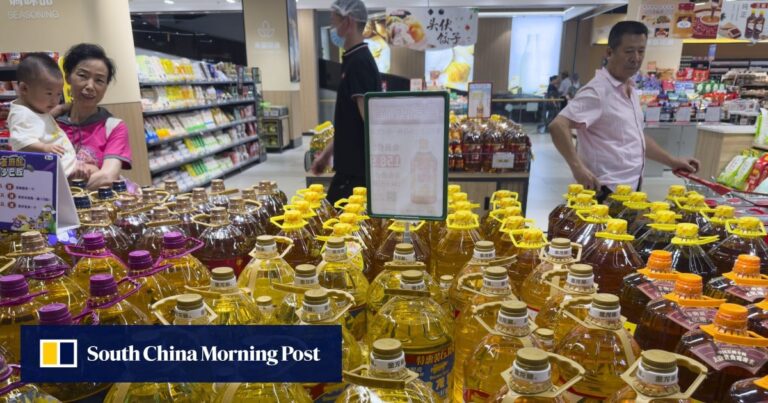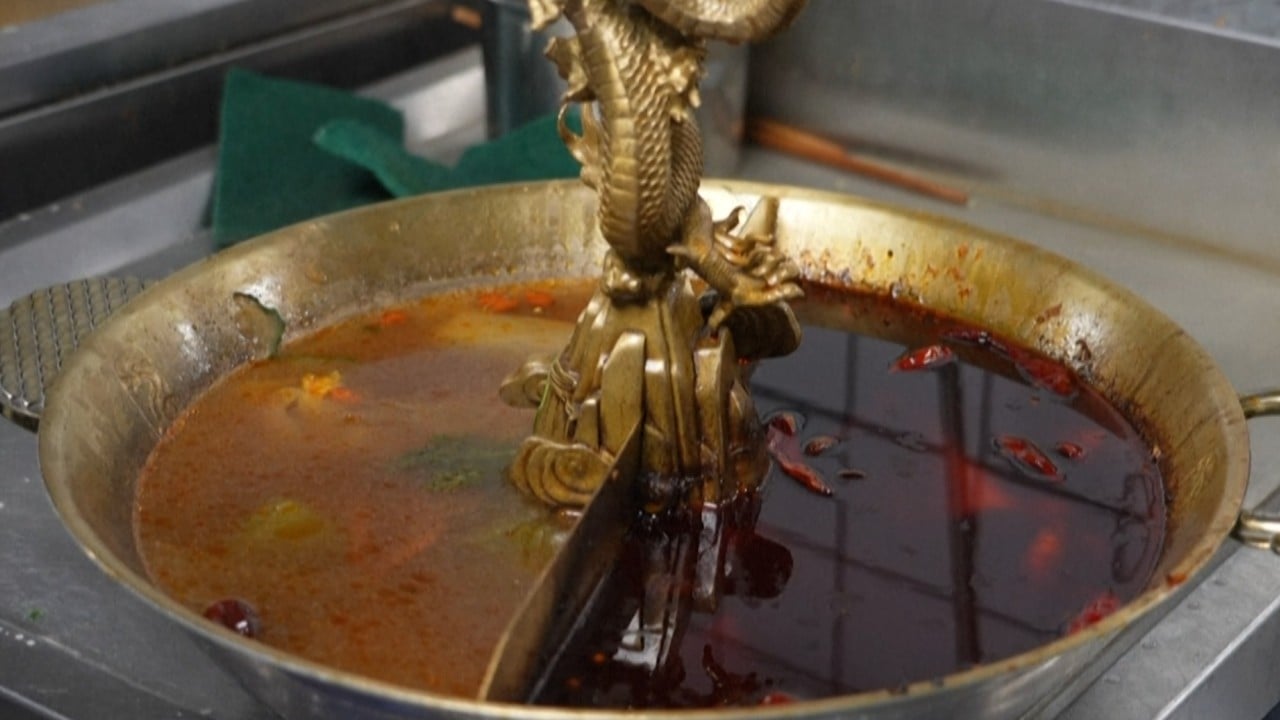The report sparked an outcry from public opinion on social media as well as harsh criticism from state media over alleged wrongdoing.
Wang Xiangwei, an associate professor at the School of Communication at Hong Kong Baptist University, said Beijing appeared to be taking a stance to “address this issue head-on.”
“Chinese netizens have posted sarcastic comments about the scandal so far, while the State Council also took immediate action and formed a joint investigation team to deal with the scandal,” said Wang, a former editor-in-chief of the South China Morning Post.
“Everything seems to indicate that they are trying to use this scandal as an opportunity for the party to carry out Xi Jinping’s famous injunction that the party’s mission is to satisfy people’s desire for a happy life.”
A mainland-based political analyst said that in light of the scandal, food safety was likely to be addressed at the third plenary session of the Party Central Committee, which starts on Monday, and could also be mentioned in a “resolution document” to be released after the meeting.
“Any discussion involving reforms will definitely include this issue, which is the most important and crucial one affecting people’s lives,” said the analyst, who spoke on condition of anonymity.
He said the scandal highlights the need for increased regulatory oversight and could also have implications for related Chinese exports and how they are transported.
Xie Maosong, a senior researcher at the Institute of National Strategy at Tsinghua University in Beijing, agreed that food safety could gain “higher priority” in the final statement of the third plenary session.
But Jiang Jiang, a retired journalism professor at Beijing Foreign Studies University, said the report exposing the alleged wrongdoing showed that “media oversight is essential in any country, but especially in modern China.”
He said this could lead to a change in the thinking of authorities who “view media reports and negative reporting on social issues as disruptive and detrimental to stability.”
Investigative journalists have uncovered several food and drug safety scandals in China over the past few decades, including the deaths of six babies from milk powder contaminated with the chemical melamine.
But their job becomes increasingly difficult as Beijing continues to tighten its control over the media.
Baptist University’s Wang said the Beijing News report revealed a major scandal and “showed that investigative journalism in mainland China is not dead, regardless of the political situation.”


